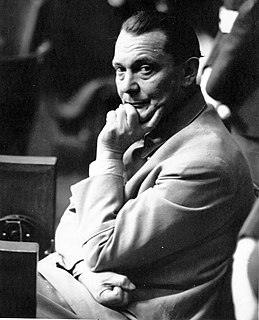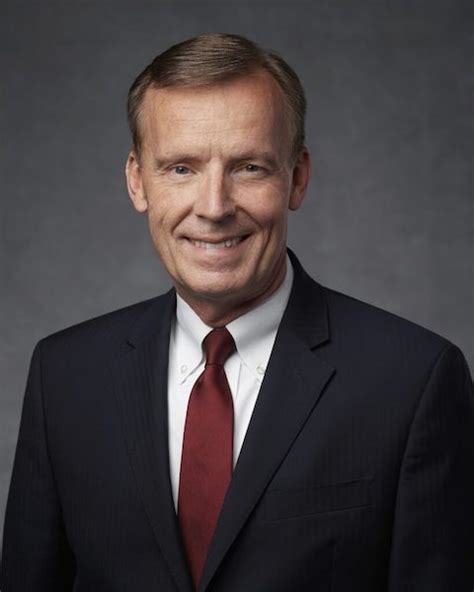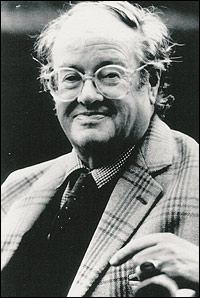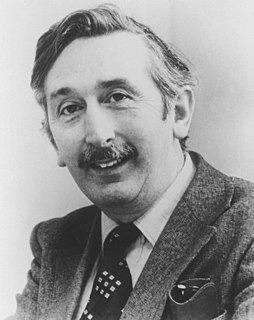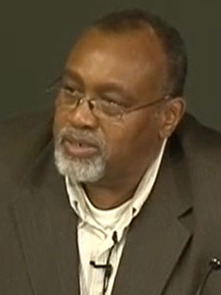A Quote by Hermann Goring
Of course people don't want war. Why should a poor slob on a farm want to risk his life in a war when the best thing he can get out of it is to come back to his farm in one piece?
Related Quotes
A farm includes the passion of the farmer's heart, the interest of the farm's customers, the biological activity in the soil, the pleasantness of the air about the farm -- it's everything touching, emanating from, and supplying that piece of landscape. A farm is virtually a living organism. The tragedy of our time is that cultural philosophies and market realities are squeezing life's vitality out of most farms. And that is why the average farmer is now 60 years old. Serfdom just doesn't attract the best and brightest.
The Cubs, we built one of best farm systems - I think for a while there, it was the best farm system in baseball. And that was great. It got a lot of attention. But we didn't want the credit for the farm system. What we wanted was to see if we could do the tricky part, which was turn a lauded farm system into a World Series champion.
I learned conservatism through my grandfather; I didn't know that was the name. I didn't know these were conservative principles. Starting his life on a sharecropping farm. Working tremendously hard. Five years old, picking cotton and laying tobacco out to dry on a farm, and today he now owns that farm.
Growing up on a farm, I saw that if I didn't go to the military or go to school, and I knew my mom and my family wasn't going to be able to send me to school out of their pocket, so it basically came down to athletics. I knew I didn't want to work on a farm. I knew I didn't want to do manual labor the rest of my life.
I respect not his labors, his farm where everything has its price, who would carry the landscape, who would carry his God, to market, if he could get anything for him; who goes to market for his god as it is; on whose farm nothing grows free, whose fields bear no crops, whose meadows no flowers, whose trees no fruits, but dollars.
The fact that we don't' talk about it, that we don't have a politics in which this question of war and peace can even get onto the table, so that we can open up our Orwell, our 1984, or Animal Farm, or whatever, and read the political text that's being spotted to us on the television right off of the page; the fact that we don't have a politics robust enough to actually debate whether or not we want to be a country permanently at war. That's what keeps me from sleeping at night.
I want the marginality to come into the center. This is the thing I was conscious of growing up, when I later lived in England. I saw all these war movies that came out shortly after the war, and they were all about the war being fought by Englishmen or Americans, there were no other "allies" in it - from India or Australia, etc.
